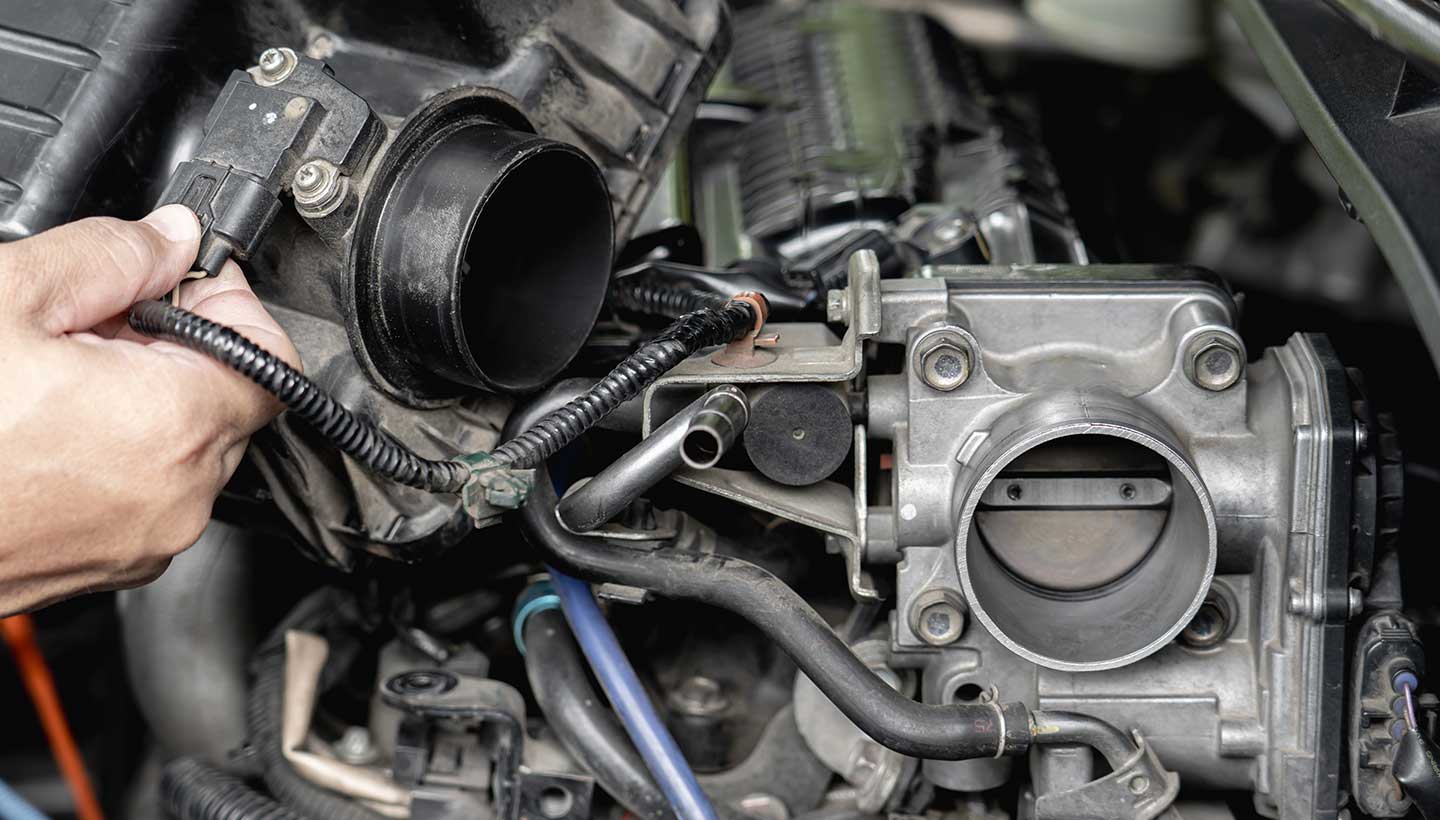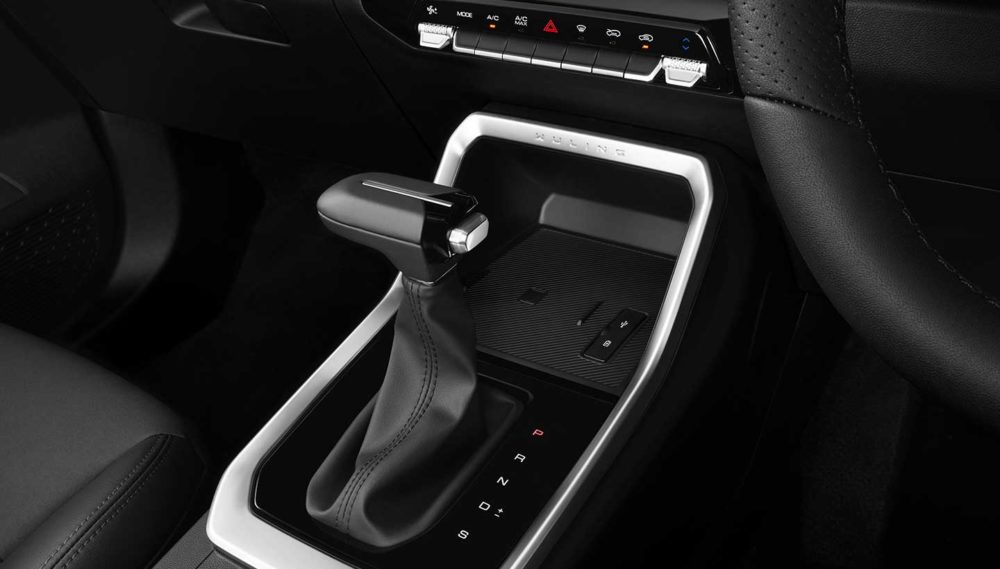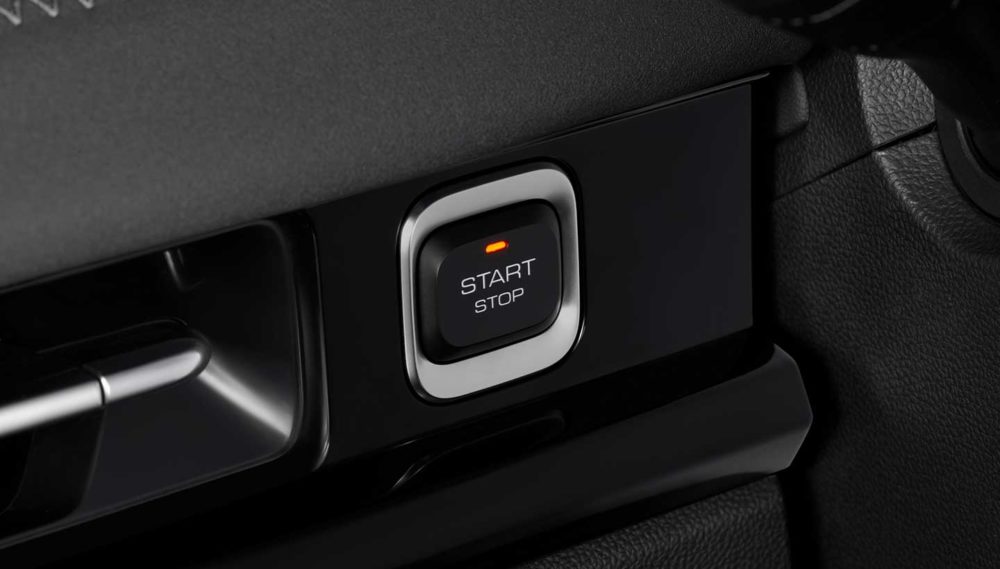Understanding the Vital Role of a Body Valve in Automatic Transmissions
24 May, 2024

As an owner of an automatic transmission vehicle, it’s crucial to have a basic understanding of the car’s key functions and components to prevent major issues. One such component is the body valve, which plays a pivotal role in the smooth operation of the transmission system.
The body valve is intricately linked to the transmission, and any malfunction in this component can lead to difficulties when shifting gears in an automatic transmission car. If the body valve is functioning properly, shifting the gear lever from D to R or vice versa should be a seamless process.
Nestled within the gearbox and intimately connected to other critical components of your vehicle, the body valve stands as an indispensable element in the smooth operation of your automatic transmission system. Understanding its functions, components, and potential issues is paramount to ensuring the longevity and performance of your car.
Delve into the intricacies of the body valve, exploring its functions, constituent parts, and effective troubleshooting measures to safeguard your car’s performance.
Pengertian Body Valve pada Mobil Matic
The body valve, also known as the hydraulic control unit or transmission valve body, is an intricate assembly of valves, solenoids, and hydraulic passages that serves as the nerve centre of an automatic transmission system. It meticulously controls the flow of transmission fluid, directing it towards various critical components within the transmission system.
The body valve establishes a direct link with the Electronic Control Unit (ECU), the central brain of the vehicle’s electronic systems. This connection enables the ECU to send precise commands to the body valve, dictating the flow of transmission fluid based on driving conditions and gear selections.
As the transmission oil completes its journey through the body valve, it embarks on a further adventure, passing through the sleeve manual and linkage, ultimately connecting to the gear selector. This intricate path ensures that the driver’s gear selections are faithfully translated into mechanical actions, enabling smooth and efficient gear changes.

The Essential Role of the Body Valve in Automatic Transmission Vehicles
Building upon the previous explanations that have delved into the intricacies of the body valve in automatic transmission vehicles, let’s now summarise its primary functions:
- Orchestrating Gear Shifting: The body valve stands as the maestro of gear shifting, meticulously controlling the flow of transmission fluid to determine when the automatic transmission should change gears. This precise regulation ensures smooth and efficient transitions between gears, optimising performance and enhancing driving comfort.
- Controlling Transmission Fluid Flow: Transmission fluid functions to lubricate and cool the transmission components, as well as provide the hydraulic pressure needed to operate the actuators within the transmission. The valve body directs the flow of this fluid to the appropriate parts as required.
- Interacting with Electronic Systems: In modern automatic transmissions, the valve body often interacts with the Transmission Control Module (TCM), which uses data from sensors to optimise gear shifting based on driving conditions.
Components of the Valve Body and Their Functions
The valve body consists of various valves, passages, and solenoids that work together to control the flow of transmission fluid. Some important components include:
- Pressure Valves: These components regulate the hydraulic pressure in the system.
- Shift Valves: These components direct the flow of fluid to shift gears.
- Solenoids: These components electronically control the opening and closing of valves based on signals from the TCM.
How Valve Body Components Work
After knowing the components of the valve body and their functions, it’s important to understand how these components work. When the car is started, these components work with the transmission oil pump to send oil to the transmission, which generates hydraulic pressure.
The pressure enters the regulator valve body, which is directly connected to the ECU. This way, the ECU can regulate the required hydraulic pressure. The hydraulic pressure is also transmitted to several critical automatic transmission components, such as the oil cooler, speed converter, and lubrication system within the transmission. The solenoid valves regulate the distribution of pressure according to the ECU’s instructions.

Signs of a Faulty Automatic Transmission Body Valve
There are several easily recognisable symptoms when the valve body of an automatic transmission is damaged. These symptoms usually indicate an issue that makes driving uncomfortable.
- Rough or delayed gear shifts: Additionally, you may feel a surge or lag when the transmission changes gears, making driving uncomfortable.
- Check engine light: The information panel on the car usually displays a warning light.
- Transmission slipping: This occurs when the transmission feels like it is slipping while the car is moving.
- Unusual vibrations or noises: Vibrations or strange sounds from the transmission can indicate a valve body problem.
How to Fix a Faulty Valve Body
One way to address a damaged valve body is to clean its components. This involves removing the valve body and cleaning it with a professional workshop. Additionally, you should always replace the transmission fluid with a new fluid according to the instructions provided in the manufacturer’s manual.
After reviewing the explanation about the automatic transmission valve body above, you should have a better understanding of how to address issues when experiencing problems shifting gears in an automatic car. Regular maintenance of your beloved car is essential to prevent avoidable damage.



